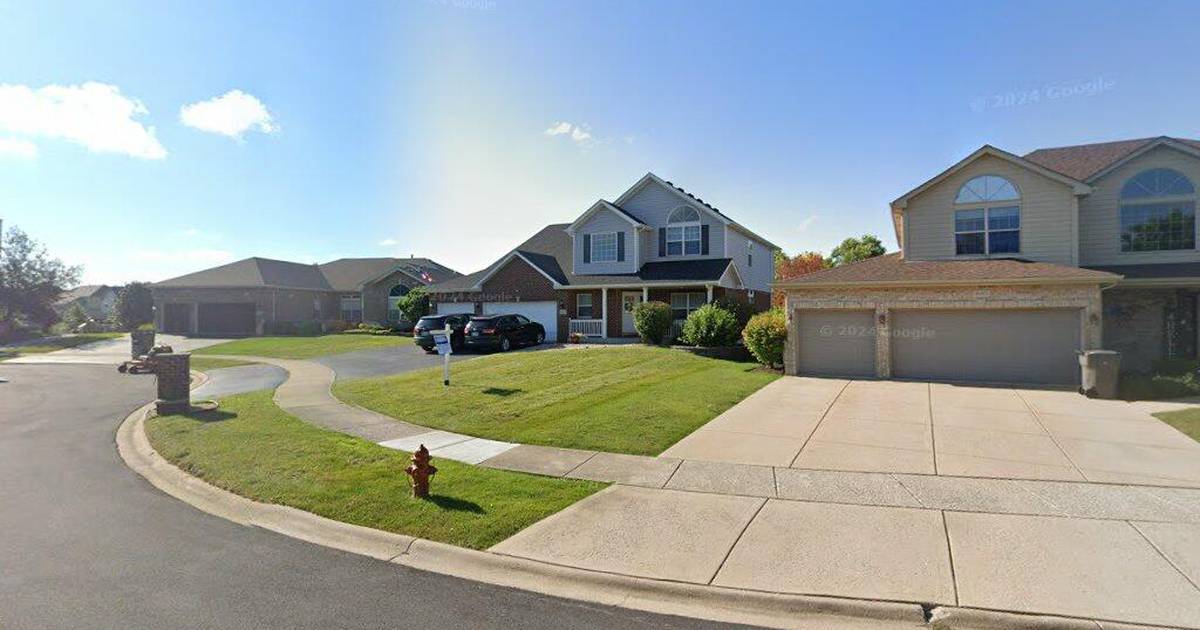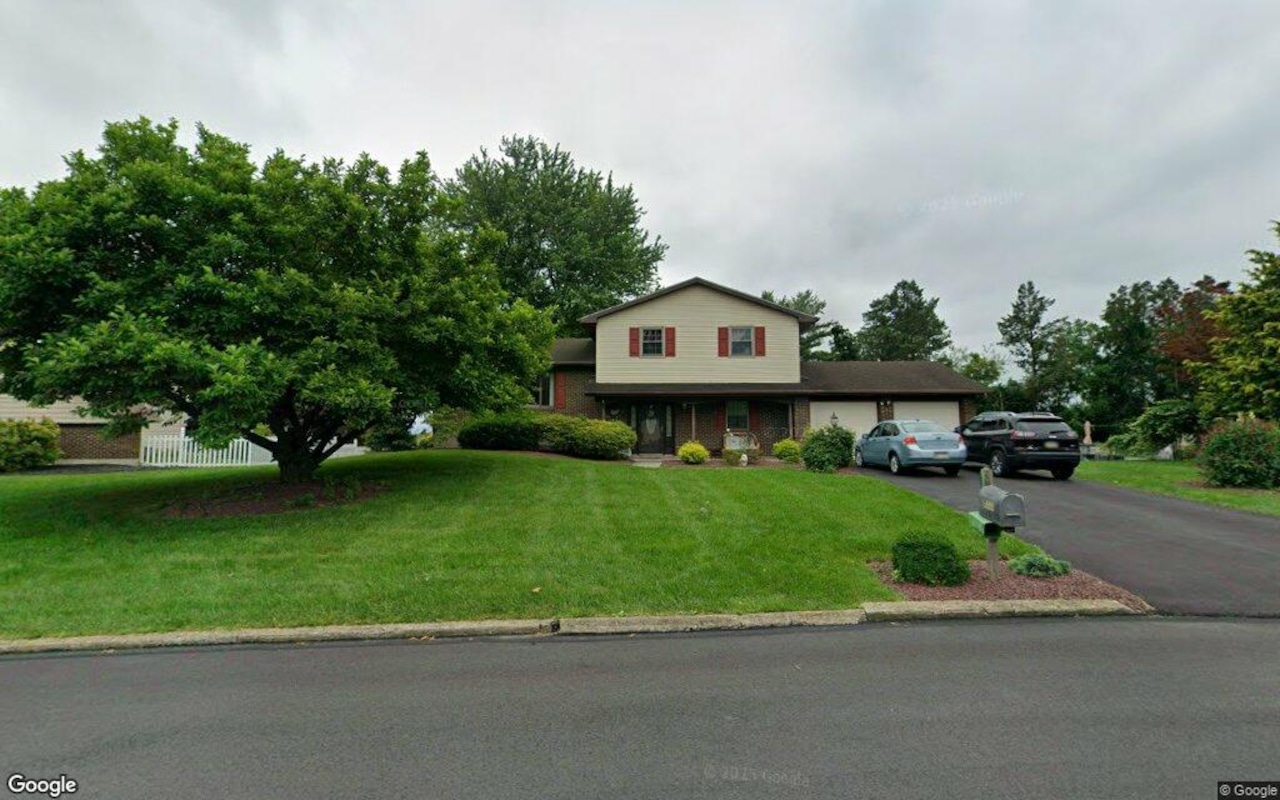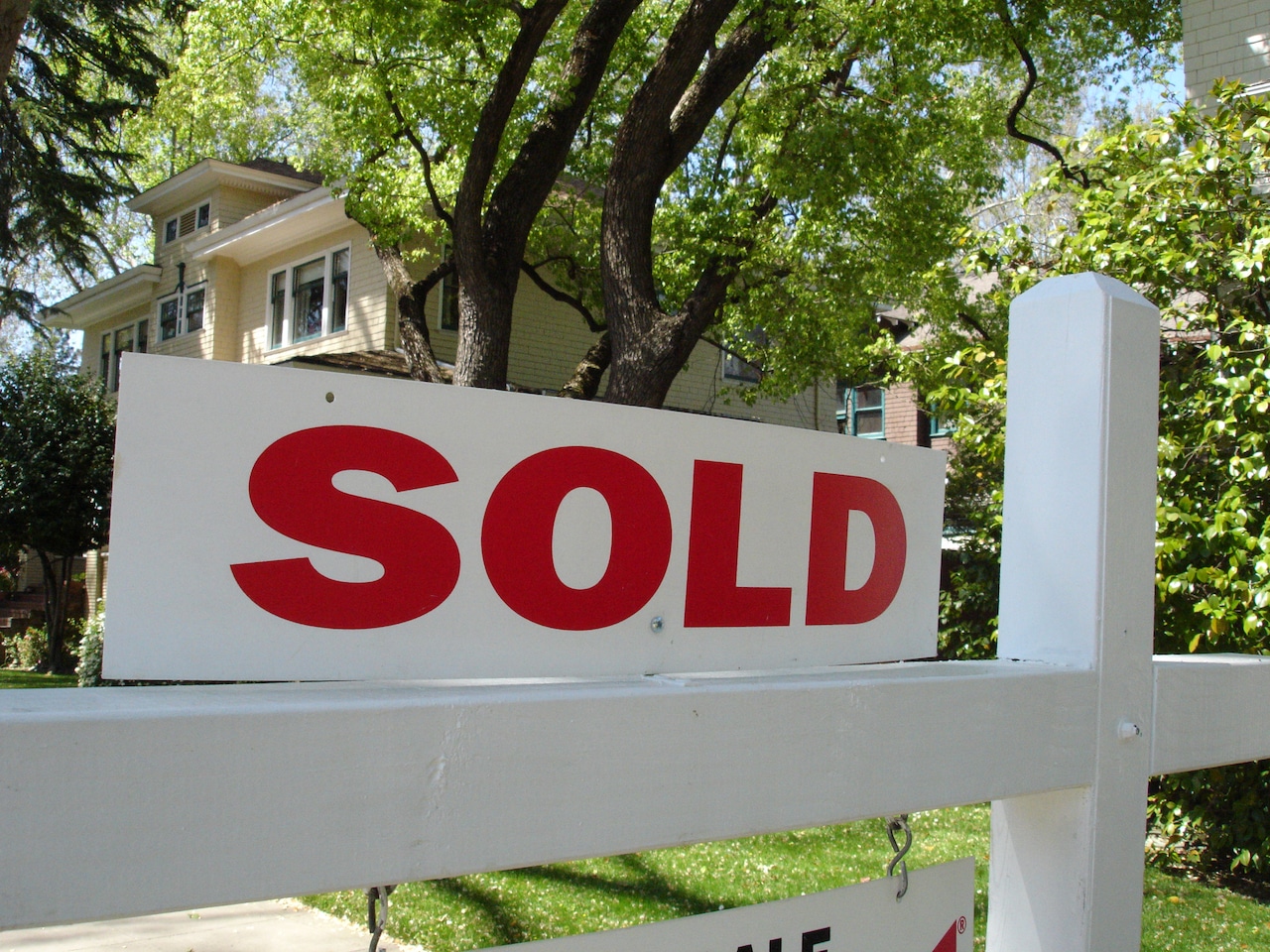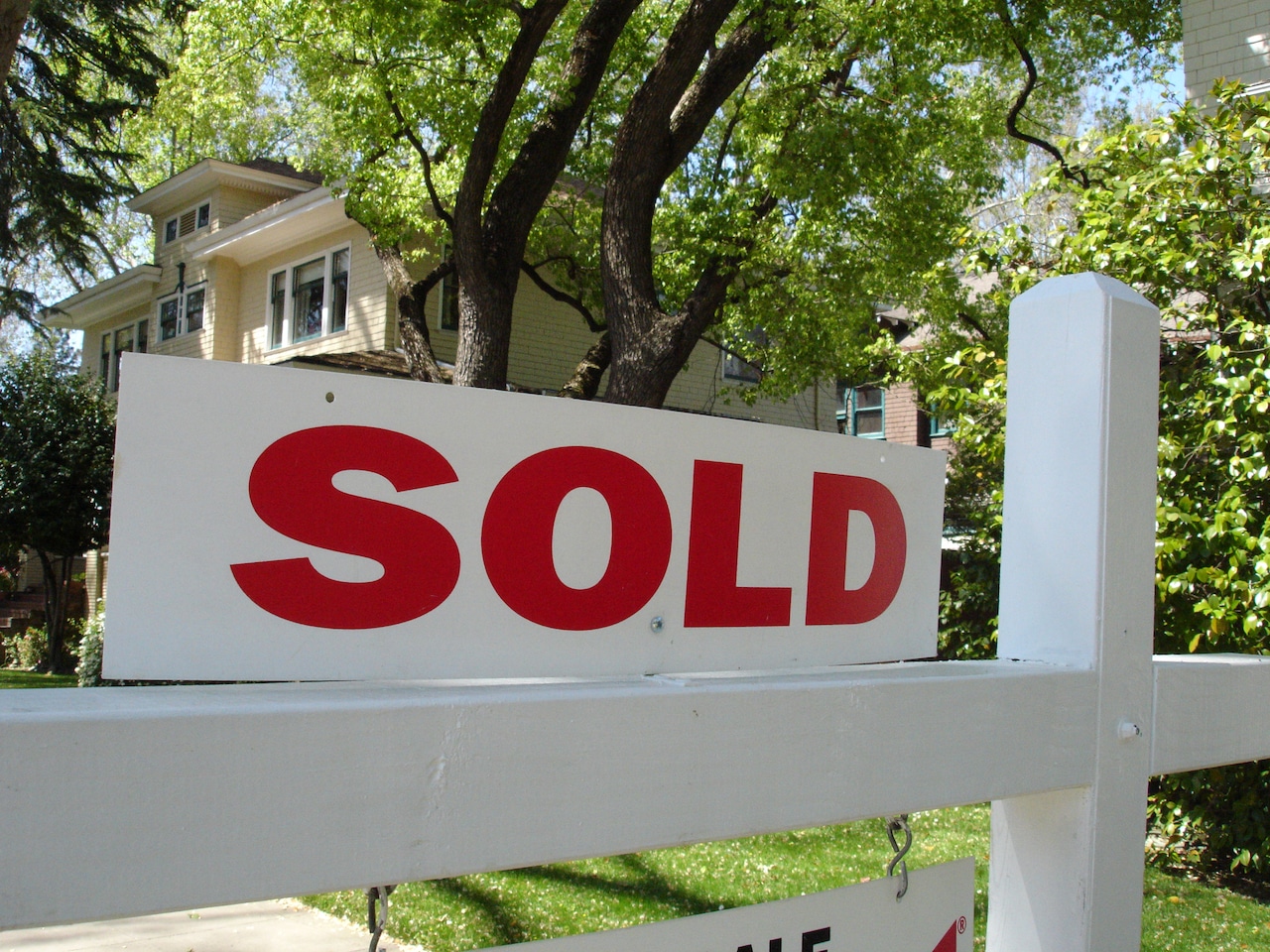S
pirit Halloween's ability to rapidly expand and contract has become a meme-worthy phenomenon, even inspiring a recent "Saturday Night Live" skit. However, behind the scenes, the company's strategy is far more complex. CEO Steven Silverstein notes that while Spirit Halloween occupies storefronts for only three months, nine months of planning and preparation precede each season.
A key component of this strategy involves convincing landlords to agree to short-term leases. This model has proven lucrative for the specialty retailer. Since its acquisition by Spencer's in 1999, Spirit Halloween has grown significantly, with revenue reaching $400 million by 2015, according to Moody's Ratings. The combined businesses, now known as Spencer Spirit Holdings, brought in an estimated $1.87 billion in 2023.
Moody's vice president Michael Tellis attributes the company's success to its ability to drive additional traffic into stores, despite a relatively small store count increase. Permanent retailers often struggle to capitalize on holiday seasons due to setup time constraints, creating opportunities for Spirit Halloween to secure prime locations.
In New York City, pop-up stores typically pay a 20-30% premium for short-term contracts, but Spirit Halloween's track record has alleviated concerns for landlords. The company is willing to drive aggressive deals, leveraging its reputation to secure favorable terms.
Prices for commercial real estate leases vary widely, with the asking price for Spirit Halloween's Chelsea location reaching $100 per square foot for a permanent lessee. In contrast, rural areas offer significantly lower lease rates, such as the $30,000 monthly proposal in Redding, California.
Spirit Halloween CEO Steven Silverstein emphasizes that the company focuses on anticipated revenue rather than rent per square foot. The retailer has a history of successfully occupying former stores from bankrupt retailers like Rite Aid and Bed Bath & Beyond.
The company is already planning for its 2025 season and conceptualizing its business model for 2026, with a test concept of 10 Spirit Christmas stores set to launch this year.













